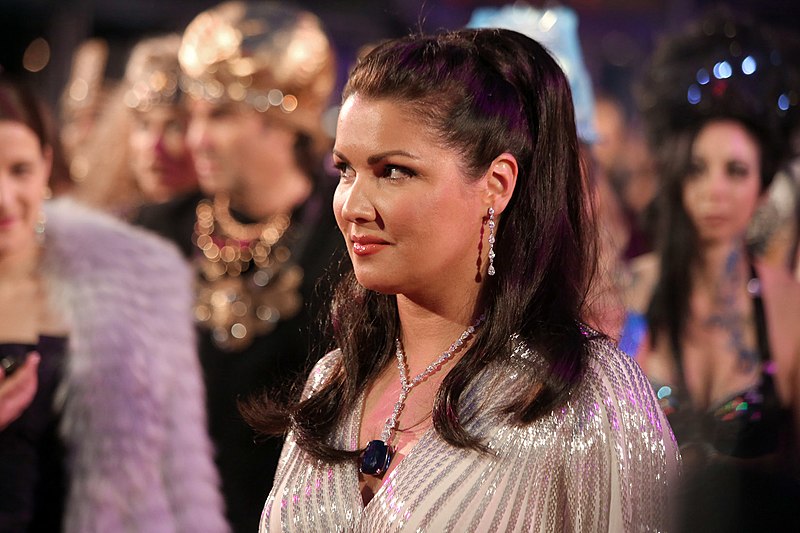
Reports indicate that German Chancellor Olaf Scholz has expressed his opposition to a proposed ban on performances by Russian artists in light of Moscow's invasion of
Ukraine. The ongoing tensions surrounding the involvement of cultural figures in geopolitical matters have prompted this debate.
During a press conference on Thursday, Scholz was queried about his position regarding the potential exclusion of Russian performers from German venues, according to Poland's interia.pl website. Germany's DPA news agency reported that Scholz dismissed the idea, suggesting that any ban should be focused solely on Russian propagandists rather than encompassing artists who may hold differing viewpoints from President Putin.
Scholz's comments at the conference included, "Numerous Russians do not share Vladimir Putin's narrative." He further remarked, "Russian culture holds a significant place in our shared European history, and its outright prohibition at this juncture would not be appropriate."
These statements come in the wake of several recent incidents where artists have faced backlash due to their opinions or perceived allegiances.
The European Truth website highlighted the cancellation of a concert by renowned Russian opera singer Anna Netrebko in Prague last week. The cancellation followed Netrebko's inclusion in Ukraine's sanctions list due to her perceived failure to openly denounce Russian actions against Ukraine.
Additionally, Moldova's Interior Minister Adrian Efros announced on Monday his decision to prohibit Bosnian-born musician Goran Bregović from entering the country. The ban was imposed based on Bregović's pro-Russian sentiments and his support for Russia's annexation of Crimea.
Bregović, who performed in Crimea a year after its annexation, displayed indifference towards potential sanctions, commenting, "In the Balkans, we have always felt the influence from the East, from Russia. I believe the Western reaction to it has been somewhat exaggerated."
Russia initiated its invasion of Ukraine on February 24, 2022, marking the largest military campaign in Europe since World War II. Photo by Manfred Werner (Tsui), Wikimedia commons.








































